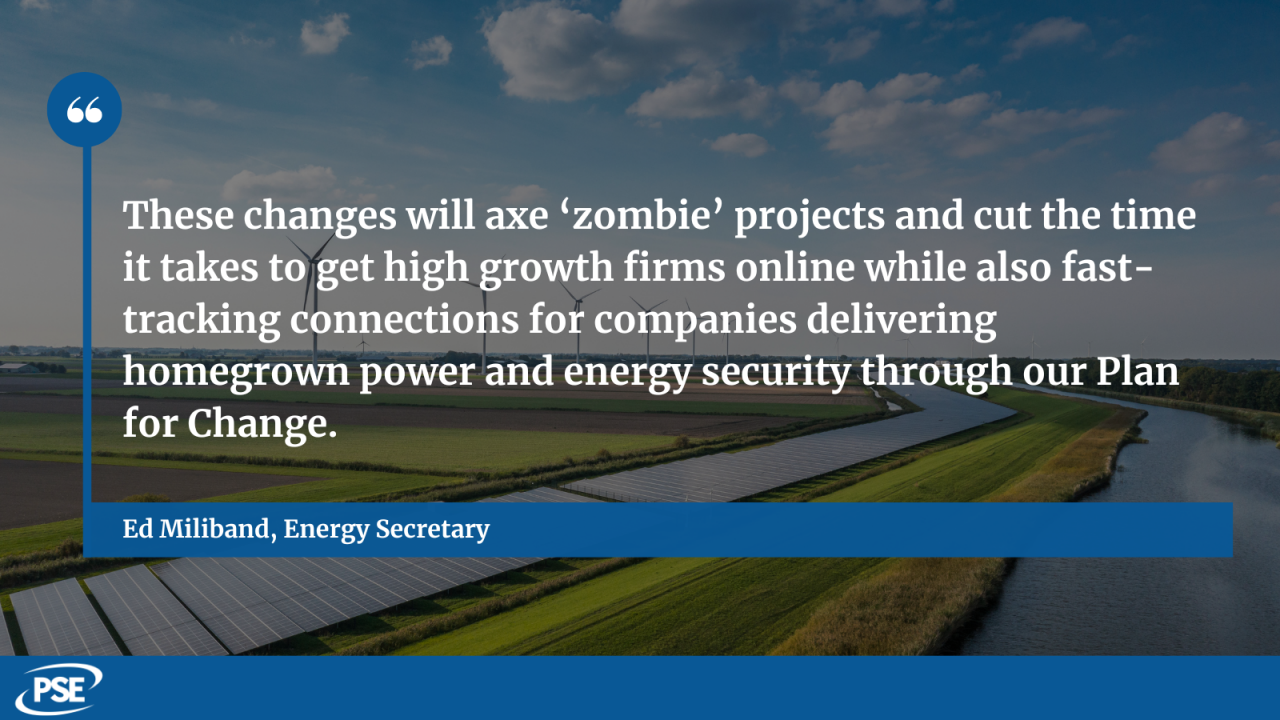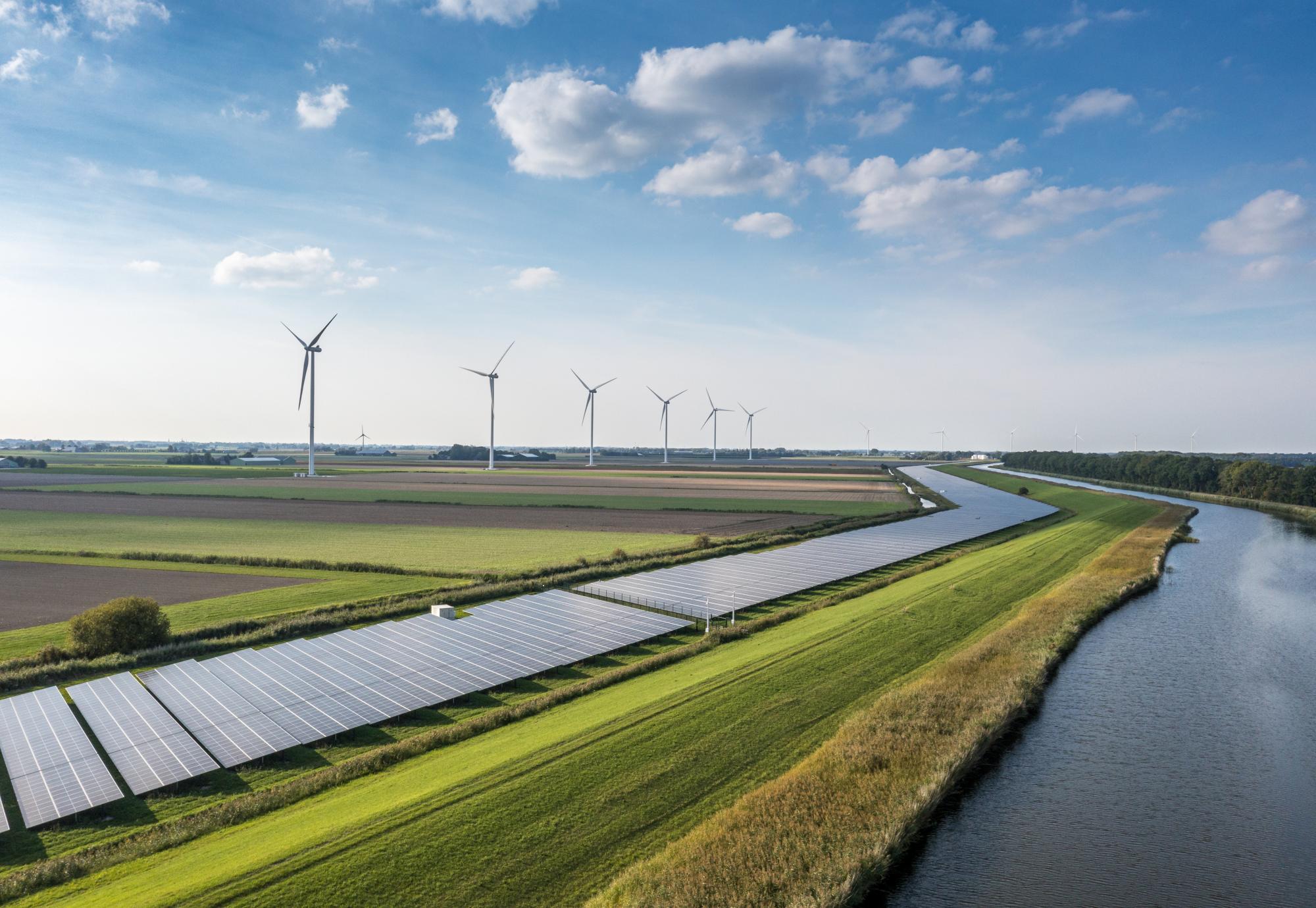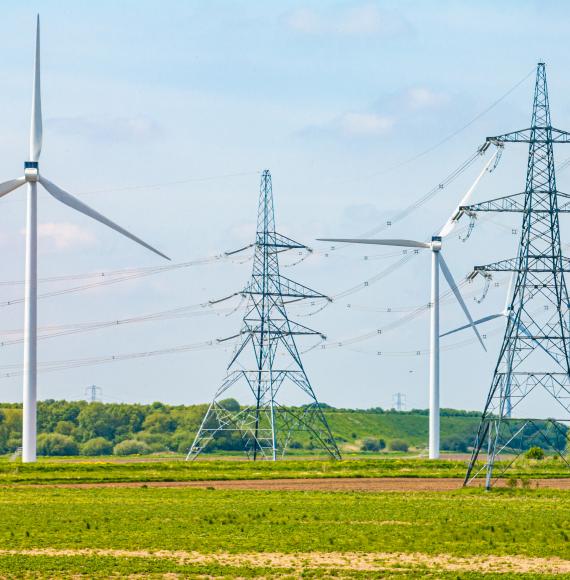The UK government has announced significant reforms to the electricity grid connection process, aiming to prioritise businesses that drive growth and deliver energy security.
These changes, expected to be confirmed by Ofgem today (Tuesday 15 April), will address the long waiting times for grid connections, which have left companies 'grid-locked' for up to 15 years. Over the past five years, the grid connection queue has grown tenfold.
The new plan, drafted by the National Energy System Operator in partnership with the energy industry, is set to unlock £40 billion a year of mainly private investment. This initiative will stimulate the economy, create jobs, and raise living standards, aligning with the government's Plan for Change.
Since July, the clean energy industry in Britain has seen a boom, with £43.7 billion of private investment announced. The reforms will further accelerate grid connections for future industries, including data centres, AI, wind, and solar projects, while deprioritising projects that are not ready or aligned with strategic plans.

Ed Miliband, Energy Secretary, said:
“Too many companies are facing gridlock because they cannot get the clean energy they need to drive growth and create jobs.
“These changes will axe ‘zombie’ projects and cut the time it takes to get high growth firms online while also fast-tracking connections for companies delivering homegrown power and energy security through our Plan for Change.
“In an uncertain world, our message to the global clean energy industry is clear; come and build it in Britain because we are a safe haven. If you want certainty, stability and security when it comes to your investments, choose Britain.”
The Prime Minister has emphasised the need for a new muscular industrial policy to support British industry amid global insecurity. Lack of access to grid connections has been a significant barrier to new investment in UK industries. The new changes will help fast-track projects to generate homegrown, renewable electricity, protecting British billpayers from volatile global fossil fuel markets and building a sustainable energy system.
These reforms are expected to create good jobs across the country, including roles for engineers, welders, and construction workers. By taking a strategic, planned approach, the changes will eliminate the need for tens of billions of pounds in unnecessary grid reinforcement, saving billpayers £5 billion.
Image credit: iStock



















